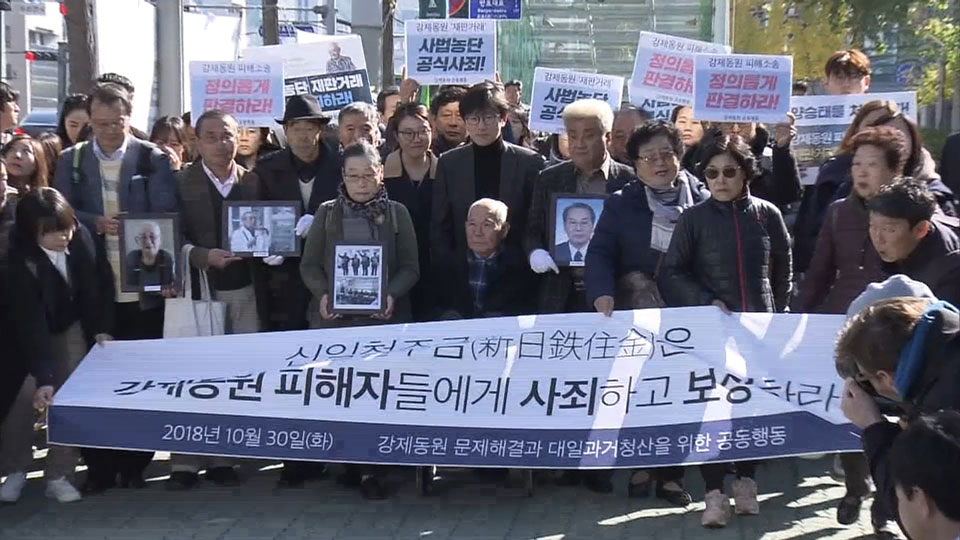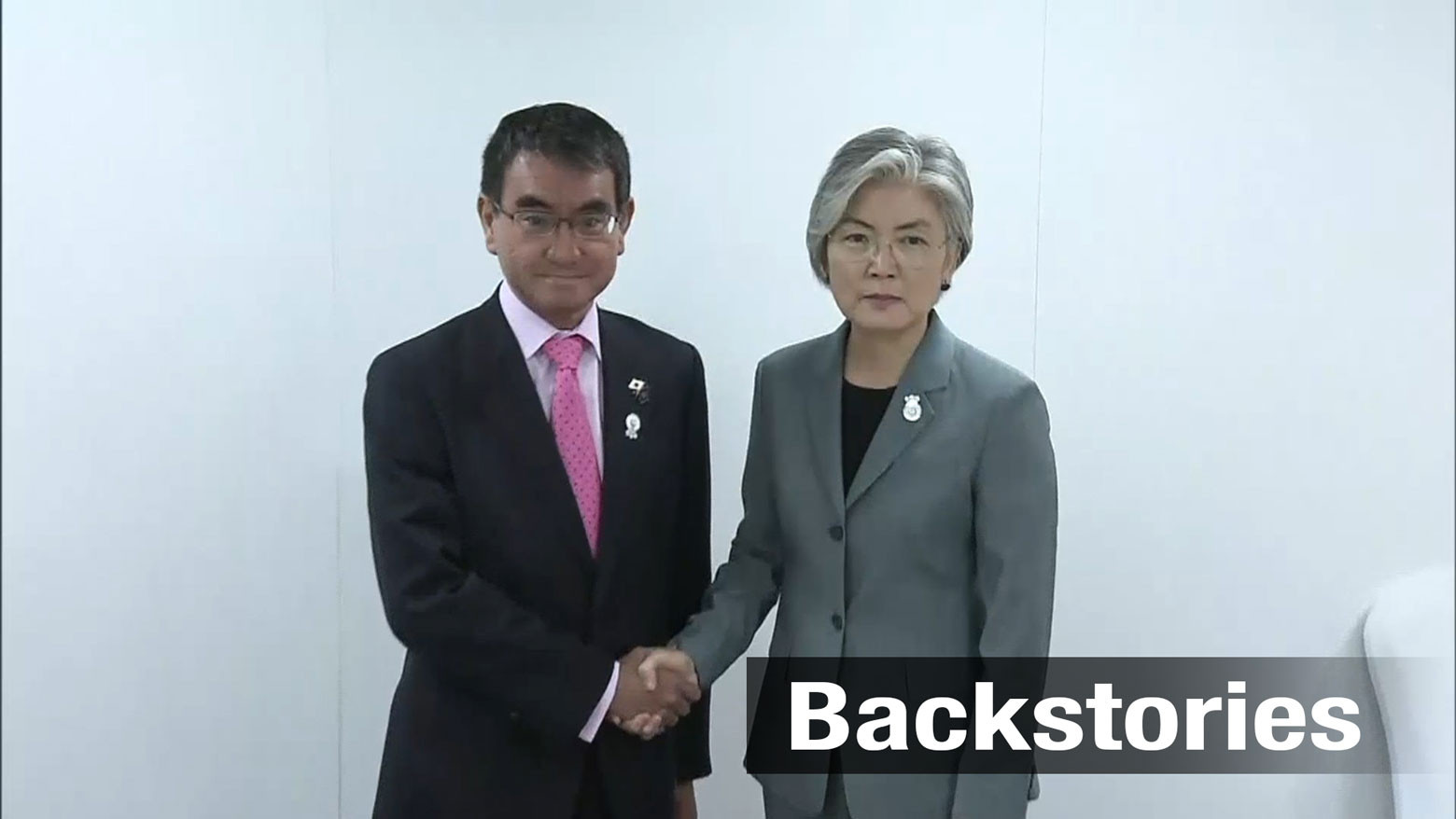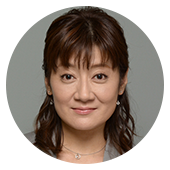1. Japan's delisting of South Korea from "Group A"
The Japanese government grants preferential trade status to 27 nations that it deems implement strict export controls from a security perspective. Japan's government calls the list of countries "Group A." South Korea became the only Asian country on the list in 2004.
Once exporters in Japan receive approval to ship goods to the countries with this status, the exporters don't have to apply for approval for individual cases for three years. When a country is removed from the list, the exporters have to get approval every time they want to ship restricted goods that could be used for military purposes to that country. The Japanese government usually takes around 90 days to grant permission.
On Friday, Japan formally decided to drop South Korea from the list.
South Korea demanded that Japan halt the decision. It feared that the measure could create a shortage of vital components, at least temporarily, in the automobile, airplane, and other industries that rely heavily on Japan.
But Japan refused, saying that it was merely carrying out a necessary review of how rules are implemented in order to ensure proper export controls. It said Seoul has failed to introduce a system to retain its status.
Japan had already placed export controls last month on materials to South Korea used to make semiconductors and display panels. It claimed that Seoul mishandled high-tech materials that can be used for military purposes.
Japan's latest moves infuriated President Moon Jae-in, who held an emergency cabinet meeting Friday. He said, "Japan has ignored our country and the international community's efforts to diplomatically solve the situation and has made matters worse. We sternly warn Japan that it is responsible for whatever happens from here onward. We will not sit back and allow the instigator to continue its aggressive posture."
Seoul now says it will speed up the process to take the issue to the World Trade Organization. It also announced on Friday that it would remove Japan from its own list of trusted trade partners as a countermeasure.
2. Wartime Labor Issue
Since last October, South Korea's Supreme Court has issued a series of rulings. It has ordered Japanese companies to compensate people who claim they were forced to work for those firms during World War Two.
The Japanese government maintains that the issue of the right to claim compensation was settled by a 1965 agreement.
Tokyo has pushed for third-party arbitration on the issue, but Seoul did not respond to its calls.
South Korea later proposed that firms from the two countries create a fund to compensate the plaintiffs, whose lawsuits have been finalized. Its officials added that if Japan accepts this offer, they are willing to agree to bilateral talks.

3. Security pact as a bargaining chip
As part of retaliatory measurements against Japan, calls are growing in Seoul to scrap a bilateral intelligence-sharing pact called the General Security of Military Information Agreement, or GSOMIA.
The two countries signed the pact in November 2016 in light of North Korea's nuclear and ballistic missile activities. The deal comes up for renewal every year. It can be nullified if either side gives notice by August 24.
The Japanese foreign minister said that the agreement is related to national security and should not be confused with other issues. The South Korean foreign minister said that Seoul has no choice but to reconsider its security network, as Japan said its export controls are a matter of security.
US Secretary of State Mike Pompeo told his Japanese counterpart last week that he would ask Seoul to renew GSOMIA.

